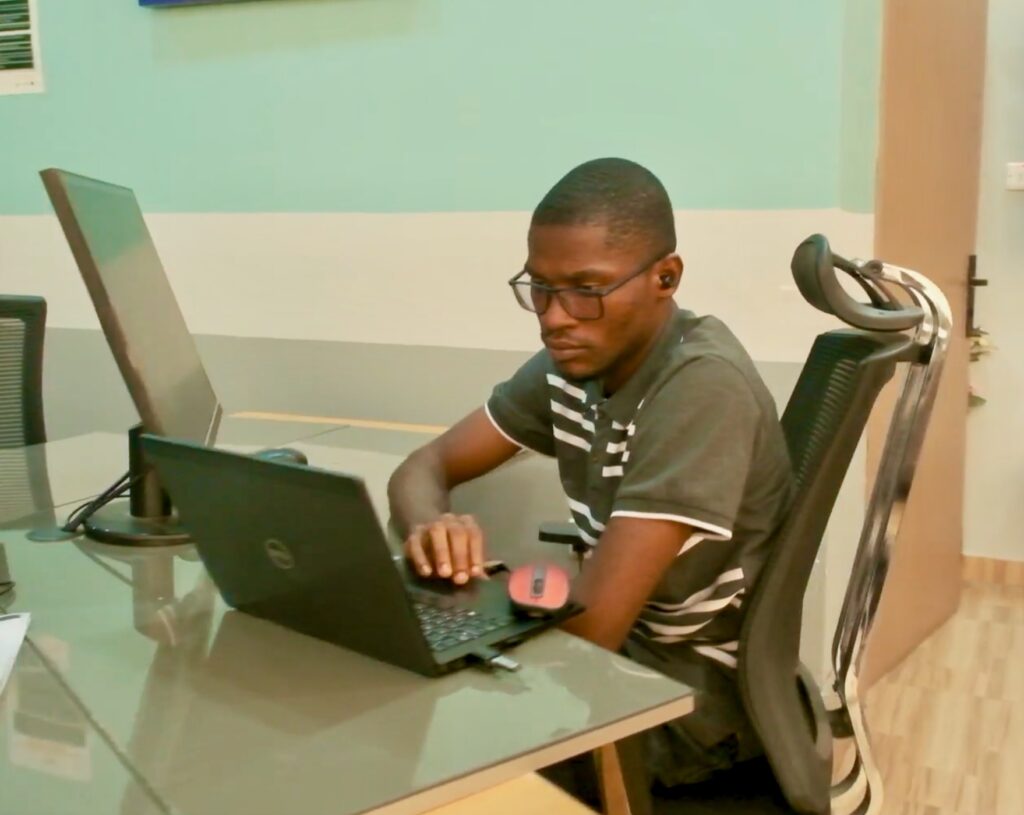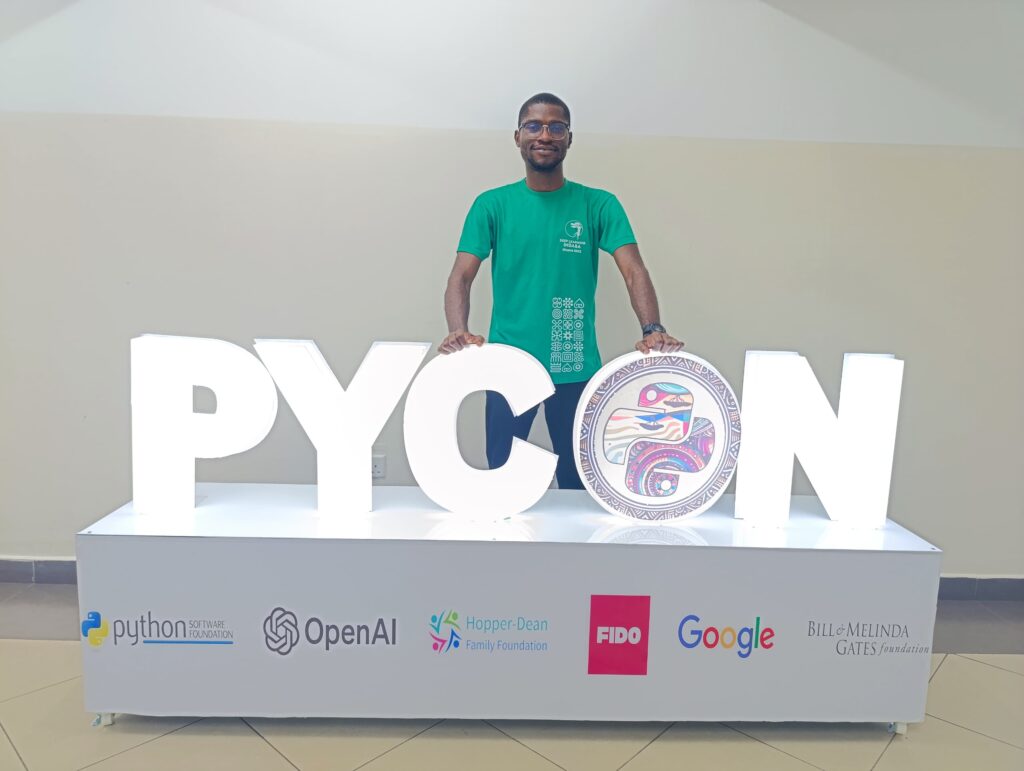Albert Dede is a PhD candidate in Computer Engineering at Kwame Nkrumah University of Science and Technology (KNUST) and a Responsible Artificial Intelligence Lab (RAIL) scholar. His research focuses on advancing artificial intelligence, particularly in machine learning, computer vision, and representation learning, with applications in high-resolution image processing and medical diagnostics.

Albert uses deep learning and weakly supervised methods to tackle challenges in gigapixel image analysis. His innovative approaches, such as wavelet-based feature extraction (https://doi.org/10.1002/eng2.70027), have been published in prestigious journals, including Engineering Reports. His systematic review of deep learning for high-resolution image processing has significantly contributed to the field.
His expertise is recognised globally, evidenced by his role as a reviewer for leading journals, such as Expert Systems with Applications and Engineering Applications of Artificial Intelligence. Albert is technically proficient in Python, TensorFlow, PyTorch, and other AI frameworks, enabling him to contribute meaningfully to research and education.
In addition to his research endeavours, Albert has served as a Teaching Assistant (TA) and Graduate Teaching Assistant (GTA) at KNUST, guiding undergraduate students in courses like Communication Systems and Digital Signal Processing. His commitment to education and mentorship reflects his passion for nurturing the next generation of engineers and AI researchers.

Albert highlights that RAIL has been instrumental in his academic and professional development, providing an environment that promotes innovation and collaboration. The lab has offered him financial support through a PhD fellowship, opportunities to attend international conferences such as PyCon Africa and the African Computer Vision Summer School, and access to a collaborative network of experts. These experiences have significantly shaped his academic journey and expanded his professional horizons. The lab’s comprehensive support, from funding to peer reviews, has been pivotal in developing Albert into a well-rounded researcher, equipping him to confidently and creatively address complex challenges in artificial intelligence.
